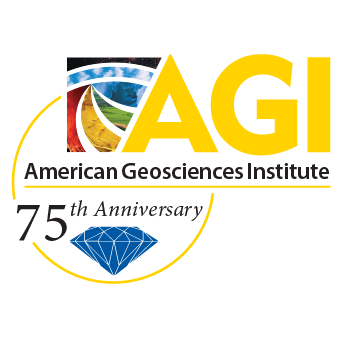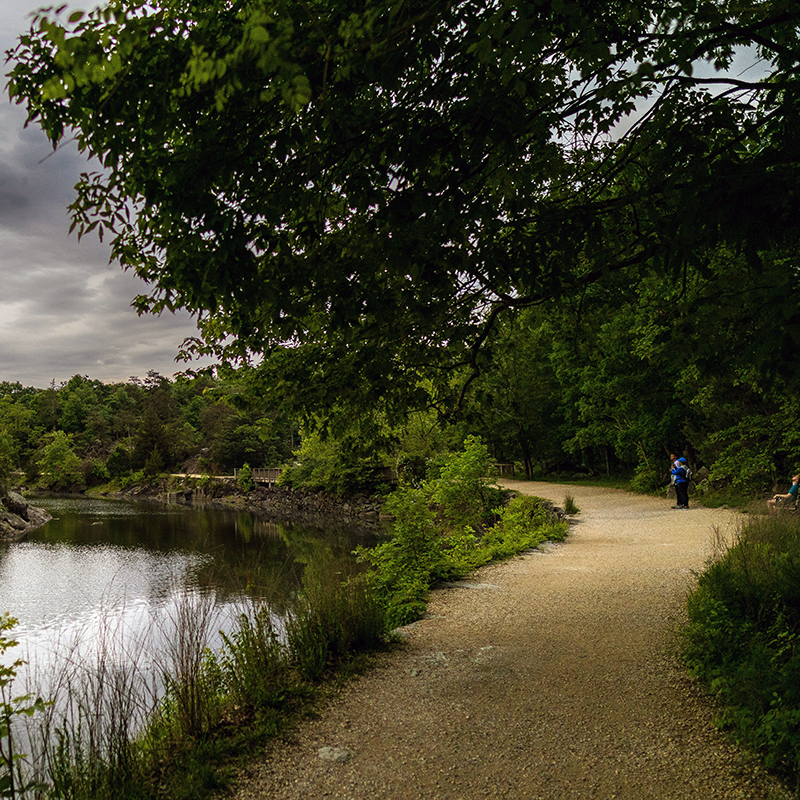Events

The American Geosciences Institute hosts events, such as webinars, intersociety meetings, and educational workshops. You can also browse our collection of conference materials for past and upcoming conferences.
Webinars
AGI at Conferences
Find AGI at upcoming conferences and browse our collection of exhibit booth resources and find out more about the presentations we will be speaking on. You can also browse all of our conference materials on our AGI Conference Materials page.
Upcoming Conferences
- October 19-22, 2025 - Geological Society of America Annual Meeting 2025
Recent Conferences
-
American Institute of Professional Geologists National Conference 2025
-
Associaiton of Environmental & Engineering Geologists Annual Meeting 2025
-
National Science Teaching Association National Conference 2025
-
Prospectors & Developers Association of Canada Convention 2025








